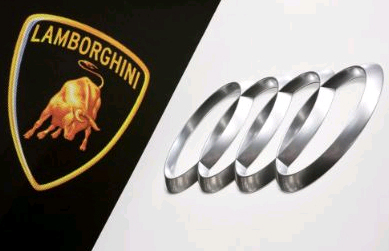
New Delhi, November 12: Come 2017, you can hope to drive in the latest Audi or BMW at a considerably lower price as the government may lower the import duty to 30% by then and scale it down further to 20% in 2020 as part of the Broad-based Trade & Investment Agreement ( BTIA) with the 27-nation bloc.
Similarly, customs duty on "high- end" wine is proposed to be slashed to 30% from near 150% levels now. Although the move may not be palatable to local players, for consumers, this could mean an endless party as anything that costs over $3.75 a bottle is likely to be subjected to lower import duty. The steep reduction will make life difficult life for local players, especially at a time when home-grown barons such as Vijay Mallya too have been forced to sell stakes to global giants.
In case of automobiles, when to reduce import duty to 30% is a bone of contention. EU is demanding that the levy be slashed to that level in 2017 itself, while Indian negotiators had got the Trade & Economic Relations Committee headed by the prime minister to agree to the cut sometime around 2022. The current tariff for import of automobiles is 100%, although the notified rate, which is applied to new cars, is 60%.
A reduction in customs duty is expected to be more beneficial for high-end cars, which are imported as completely built units given the low volumes. Smaller cars are usually manufactured locally using local parts although some components are imported. But there is a fear that several European carmakers who do not have manufacturing facilities in India may opt for the import route and would refrain from setting up plants here.
To hit local players
The twin moves may not be palatable to the domestic industry as the tariff protection that they have long enjoyed will go soon after a deal is signed but are critical elements of the trade pact that is under negotiations for over five years. "Protection cannot be available endlessly. In any case, there is a long transition period of at least four-five years or so for the auto industry and there is hardly any local wine that competes with what is made in Europe," said an official privy to the discussions.
In case of automobiles, the deal will ensure that European carmakers will take pole position in the race for domestic sales as the government has ignored demands for a "level-playing field" for their Japanese and Korean rivals despite India having existing trade agreements with the two Asian manufacturing giants.
In fact, the two proposals go far beyond what was originally offered. Initially, the government had only offered to lower import duty on a specified number of vehicles. But subsequently, it seems to have agreed to an across-the-board reduction along with a cut in customs duty on around 65 auto parts and machinery.
In return, it has got EU to agree to phase out import duty on cars by 2020 and allow Indian textiles to enter the member countries on payment of concessional rate duty. Officials said a deal to boost export of Indian farm products such as banana, rice and sugar has also been clinched.
But when it comes to services, New Delhi cannot show significant gains. For instance, despite agreeing to send its team to certify that India is a "data secure country", a precursor to a better deal for local giants such as Infosys and Wipro, the assessment is yet to be done.
Similarly, when it comes to visa issues, there have been no gains yet as the European authorities are arguing that it is a sovereign issue dealt by individual states.






Comments
Add new comment